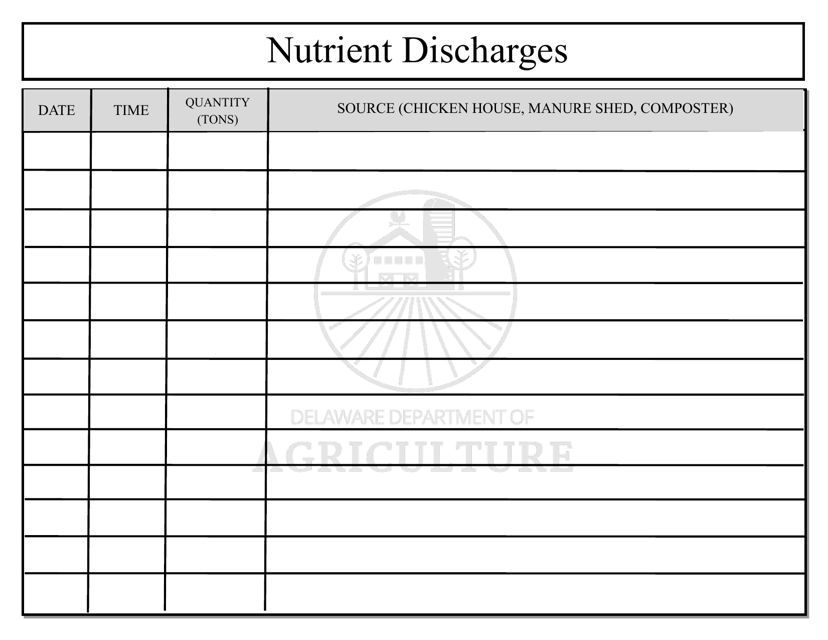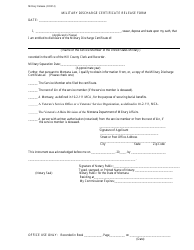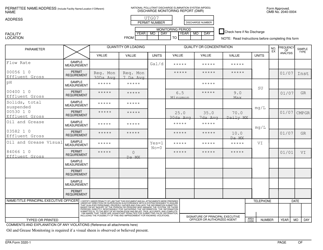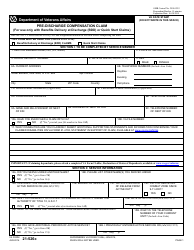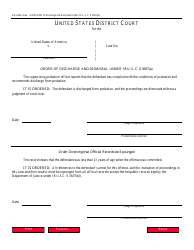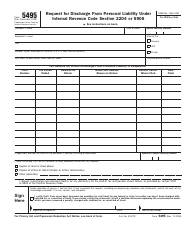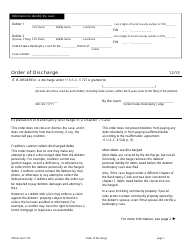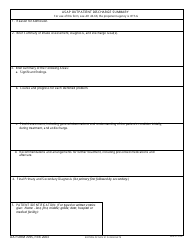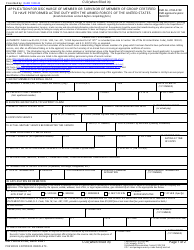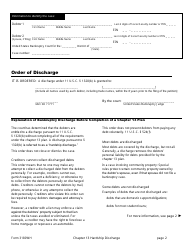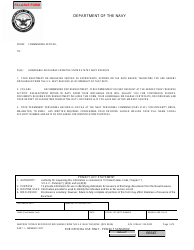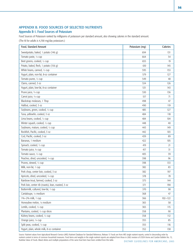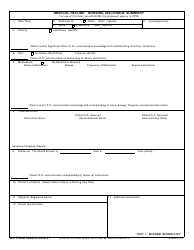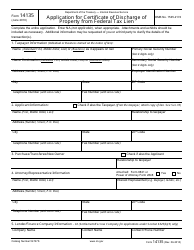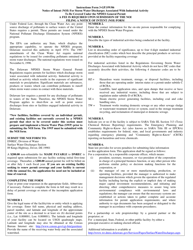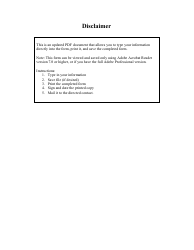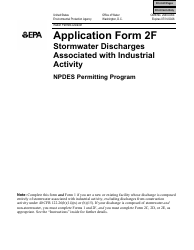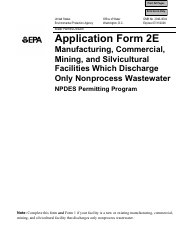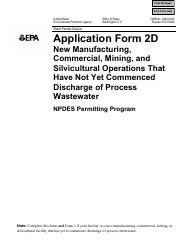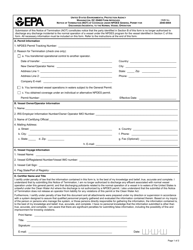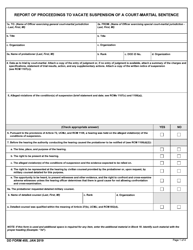Nutrient Discharges - Delaware
Nutrient Discharges is a legal document that was released by the Delaware Department of Agriculture - a government authority operating within Delaware.
FAQ
Q: What are nutrient discharges?
A: Nutrient discharges refer to the release of nutrients, such as nitrogen and phosphorus, into water bodies.
Q: Why are nutrient discharges a concern?
A: Nutrient discharges can cause water pollution and have negative impacts on aquatic ecosystems and human health.
Q: What is the significance of nutrient discharges in Delaware?
A: Delaware is affected by nutrient discharges due to agricultural activities, urban runoff, and wastewater treatment plants.
Q: How do nutrient discharges affect water quality?
A: Excessive nutrients can lead to algal blooms, oxygen depletion, and the degradation of aquatic habitats in Delaware's water bodies.
Q: What efforts are being made to address nutrient discharges in Delaware?
A: Delaware has implemented various strategies, including the use of Best Management Practices (BMPs) and nutrient trading programs, to reduce nutrient discharges and improve water quality.
Q: Are there regulations in place to control nutrient discharges in Delaware?
A: Yes, Delaware has regulations and permits that aim to limit nutrient discharges from different sources, such as agriculture and wastewater treatment plants.
Form Details:
- The latest edition currently provided by the Delaware Department of Agriculture;
- Ready to use and print;
- Easy to customize;
- Compatible with most PDF-viewing applications;
- Fill out the form in our online filing application.
Download a printable version of the form by clicking the link below or browse more documents and templates provided by the Delaware Department of Agriculture.
